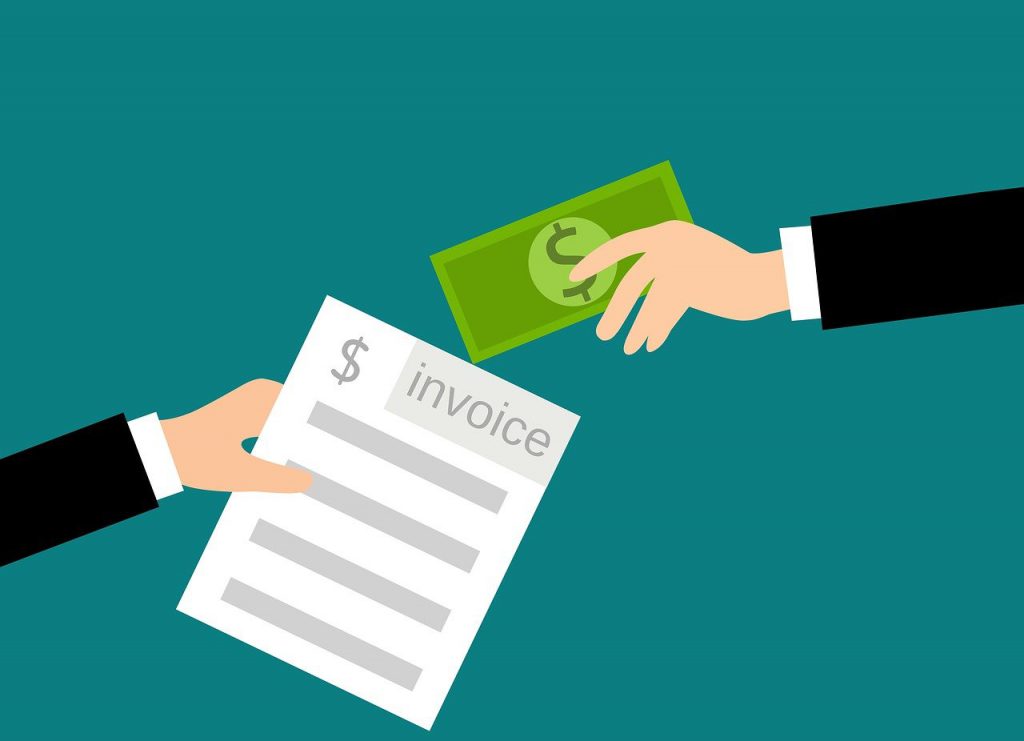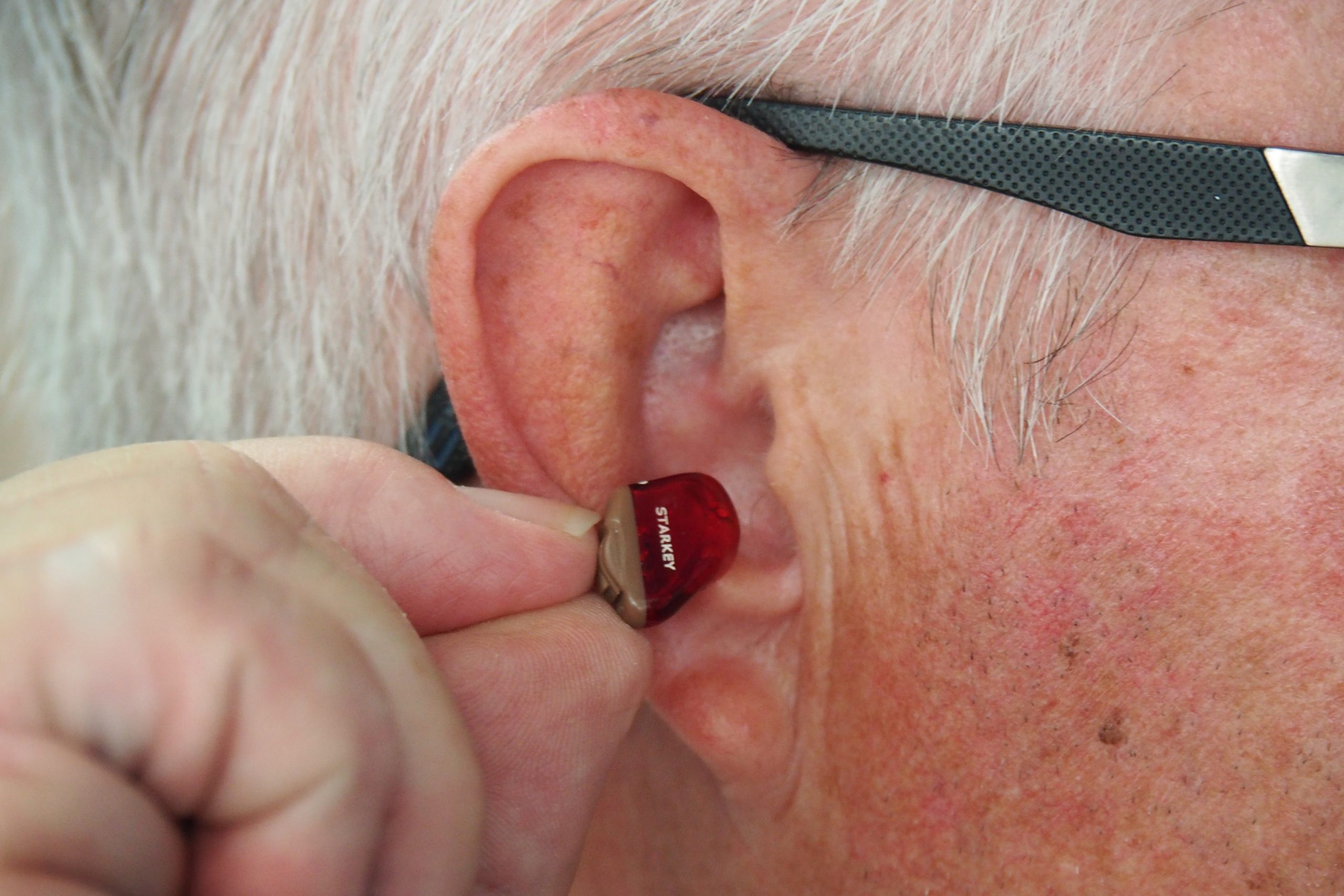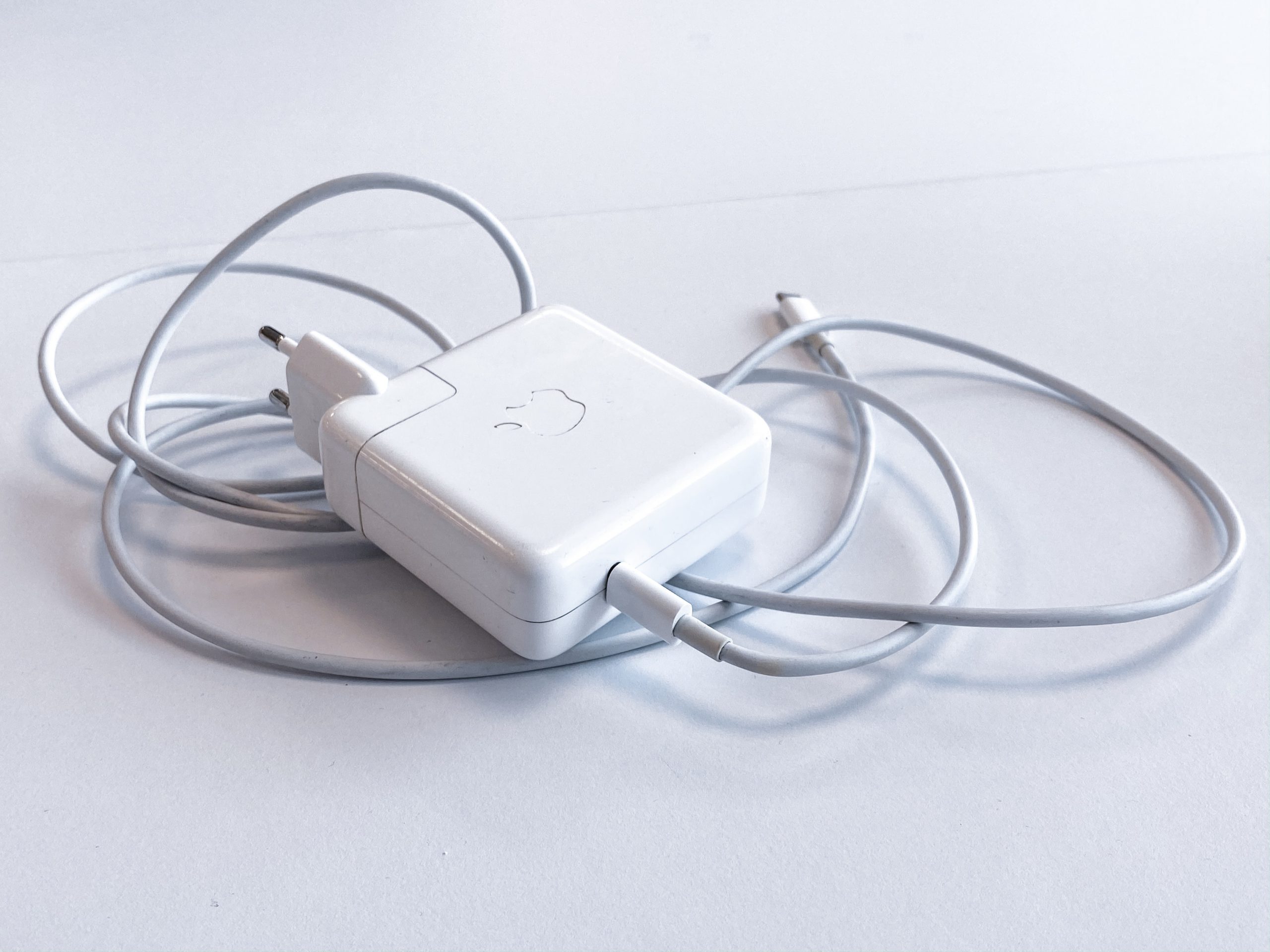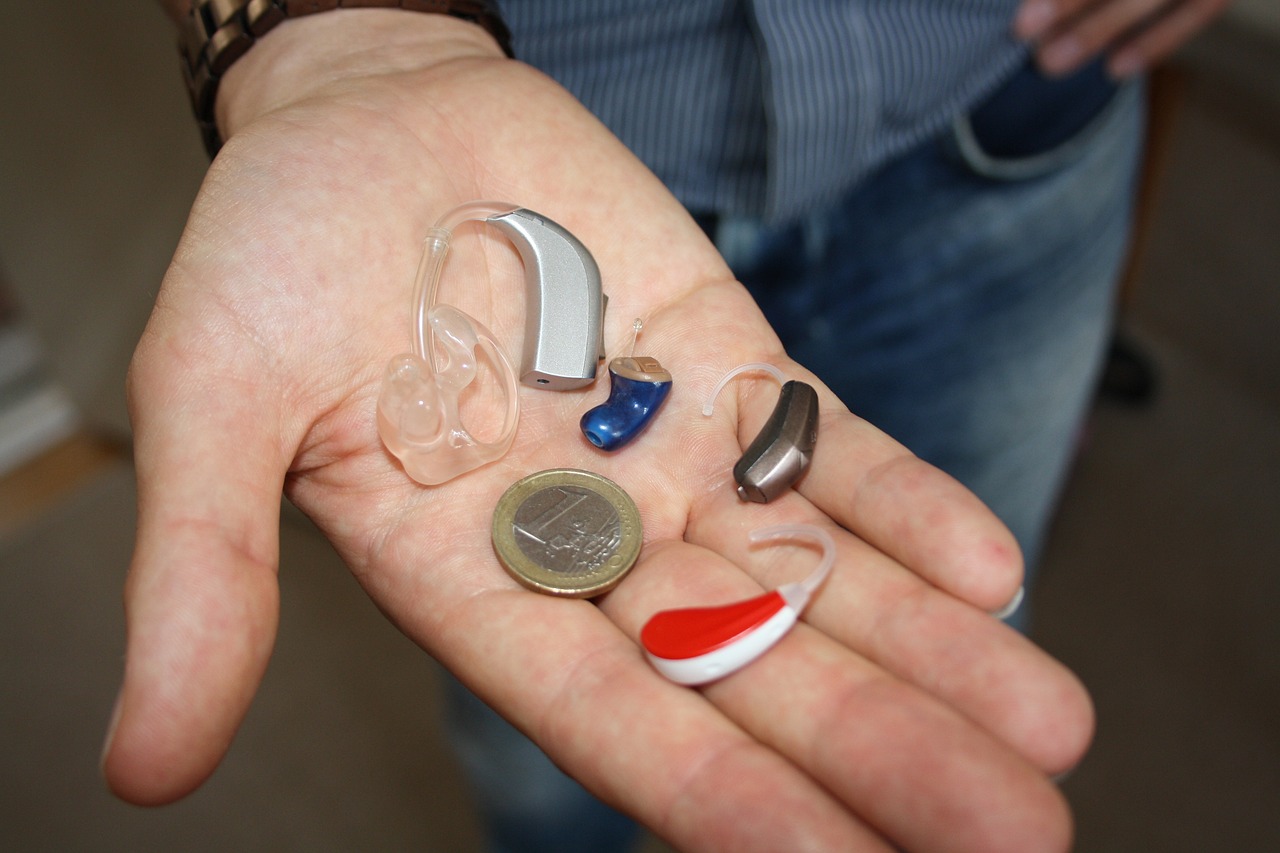
Many people who experience hearing loss could benefit from using a hearing aid. However, estimates suggest that only approximately 17 percent of people that need a hearing actually have and use one. If you find yourself with an extra or unnecessary pair, donate your hearing aids and help someone with their hearing today!
Contents
Many Americans Need Hearing Help
In the United States, although almost 40 million adults suffer from hearing loss, 95 percent of those hearing issues are treatable through the use of hearing aids. Ninety percent of people that receive hearing aids feel that the devices improved their quality of life. Furthermore, hearing aid use is correlated with improvements in emotional well-being, including reduced anger and anxiety (through their improved ability to communicate and maintain relationship).
However, hearing aid use is not as widespread as it should be. Only approximately 30 percent of Americans 70 years of age or older that experience hearing loss actually use hearing aids. The numbers are worse for younger Americans: only approximately 16 percent of adults 20-69 with hearing loss use hearing aids.
So this brings us to the question – why are so many people leaving their hearing loss untreated?
Not Everyone Can Afford Hearing Aids

One of the major reasons that many people don’t receive hearing care is the high cost. Furthermore, most people experience bilateral hearing loss, which means hearing loss in both ears and often requires two hearing aids. Unfortunately, most insurance plans do not include hearing aids in their coverage.
Aside from the hearing aids themselves, there are additional costs as well. Things like a hearing test, consultation with an audiologist, fitting sessions, periodic cleanings, batteries, and warranty purchases are also additional expenses that can add up quickly.
You Should Consider Donating Your Hearing Aids
Whether you have outgrown your hearing aids and need new ones, have decided to upgrade to a newer or better model, or received a set of hearing aids due to a family member passing away, you should never throw away hearing aids. Donate them instead! Current annual production of hearing aids only meets approximately 10 percent of demand.
Regardless, even if annual production of hearing aid met demand, there are countless people that could benefit from a hearing aid yet can’t afford to purchase one. People living in poor areas of the world are especially vulnerable because they are often unable to avoid common causes of hearing loss.
A donated hearing aid can be a lifeline to allow someone with hearing loss to be able to communicate, work, and once again live a normal life. For children, gaining a donated hearing aid might mean that they can succeed in school and have a chance at a better life.
How and Where to Donate Hearing Aids

There are several national non-profit groups and organizations that collect donated hearing aids and recycle them. They clean, repair, refurbish the hearing aids, and distribute them to people with hearing loss that need them.
Sometimes they are resold and the proceeds are used to buy new hearing aids for those in need. An added benefit when you donate a hearing aid is that most donations are tax deductible! Some of the groups that accept donated hearing aids include:
Lions Club International
The Lions Club maintains a Hearing Aid Recycling Program in which they refurbish donated hearing aids and give them to local people in need, donate them during health care missions to developing nations, or provide hearing aid manufacturers the donated hearing aids in return for vouchers for new hearing aids. Visit their website to find your local Lions Club.
National Hearing Aid Project
Hearing Charities of America has partnered with the Department of Speech-Language-Hearing: Sciences & Disorders at the University of Kansas to set up a program where they accept and refurbish donated hearing aids and distribute them to people in need. They also provide free hearing evaluations to people that cannot afford them. To donate your hearing aid, go here.
Hearing Loss Association of America
Contact your state or local chapter of HLAA for information on state agencies or other community programs that recycle and accept donated hearing aids.
Hearing aids of any make, model, age, and condition can be donated. Hearing aids that can’t be refurbished are used for parts for other hearing aids, so consider donating your hearing aid even if it doesn’t function.
The information in this guide has been written using the following reliable sources:
https://www.nidcd.nih.gov, https://www.hearusa.com, https://www.who.int, https://www.hear-it.org, https://www.hearingwellnessctr.com, https://hearinghealthfoundation.org, https://www.ithacajournal.com








